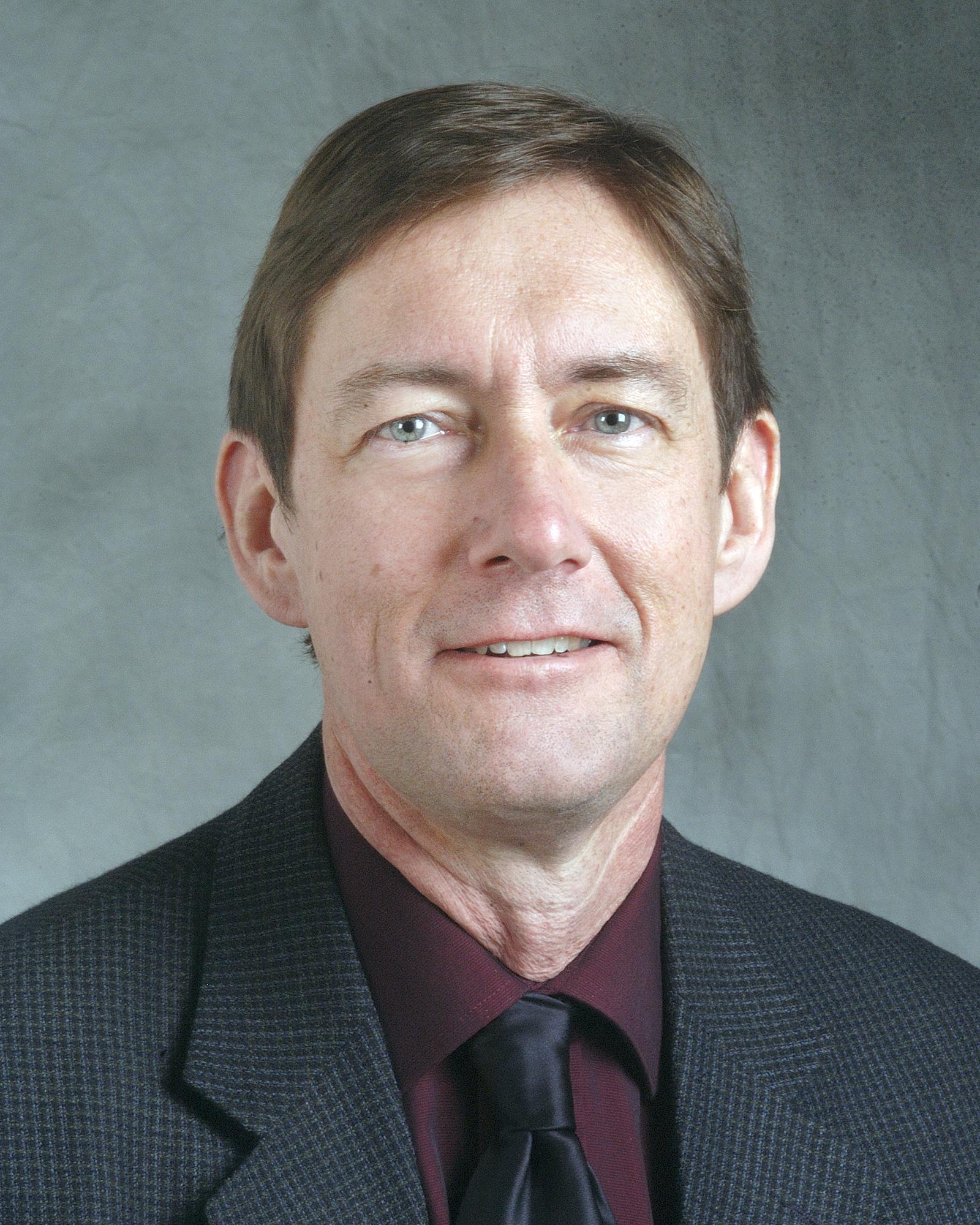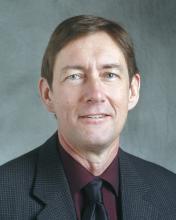Information Possibly Outdated
The information presented on this page was originally released on August 3, 2009. It may not be outdated, but please search our site for more current information. If you plan to quote or reference this information in a publication, please check with the Extension specialist or author before proceeding.
Gregory Bohach of Idaho named new MSU ag vice president
MISSISSIPPI STATE -- A senior agriculture administrator at the University of Idaho is the new vice president for one of Mississippi State University's oldest academic units.
MSU President Mark Keenum announced Monday [Aug. 3] that Gregory A. Bohach is being named vice president for the Division of Agriculture, Forestry and Veterinary Medicine. His appointment is pending formal approval by the Board of Trustees, State Institutions of Higher Learning.
"Agriculture is one of Mississippi State's historic academic foundations," Keenum said. "With Dr. Bohach's broad educational background and professional experience, we have found a true 21st century leader for the Division of Agriculture, Forestry and Veterinary Medicine.
"Like other institutions of higher learning throughout the nation, MSU is facing tremendous present and future challenges," he added. "We are confident Dr. Bohach has the necessary skills to enhance our well-established national reputation and address the evolving missions of this critical unit that directly serves so many aspects of life in our state and nation."
Bohach has been serving concurrently as associate dean of Idaho's College of Agricultural and Life Sciences, and director of the Idaho Agricultural Experiment Station, Idaho Center for Host-Pathogen Interaction Research, and Idaho State EPSCor/IDeA Programs.
He holds a bachelor's degree from the University of Pittsburgh/Johnstown, and master's and doctoral degrees from West Virginia University. He also completed a master's at Connemaugh Memorial Hospital in Johnstown and post-doctoral work at the University of Minnesota.
Complete information on Bohach's professional career, as well as the MSU vice presidential search process is available at www.agvpsearch.msstate.edu/.
In a vision statement submitted as part of the interview process, Bohach said leaders at land-grant institutions like MSU and Idaho "must have in-depth knowledge and appreciation of crop and animal commodities and the forestry industry, and also how they impact the environment and society."
In the prepared statement, he observed, among other things, that:
--Natural-resource use and allocation "are becoming highly scrutinized and undoubtedly will affect these industries to a much greater extent in the future."
--Agriculture, forestry and veterinary medicine soon will "experience increased visibility and prominence" due to predictions "that we will face substantial global population increases, debates concerning water quality and availability, climate change, calls for sustainable energy, and new social and economic issues in both urban and rural communities."
--Land-grant institutions are being called upon to address these and other emerging issues.
"In doing so, we must identify key programs in which to invest resources," he added.
Bohach will hold a faculty appointment in MSU's department of biochemistry and molecular biology, as well as adjunct faculty status in the College of Veterinary Medicine's basic sciences department.
The Division of Agriculture, Forestry and Veterinary Medicine is composed of six major units: the colleges of Agriculture and Life Sciences, Forest Resources, and Veterinary Medicine; Forest and Wildlife Research Center; Mississippi Agricultural and Forestry Experiment Station; and MSU Extension Service.
Primary functions performed by division employees are teaching, research, extension, and service. These take place at the main MSU campus, three diagnostic laboratories, four research and extension centers, 15 branch stations and locations, and county extension offices in all 82 counties.
In addition to university students, the division serves agriculture and forestry producers, agribusiness firms, industrial firms, families, youth, local government entities, and numerous other organizations and associations.
Longtime division administrator Melissa J. Mixon has been serving as interim vice president.



